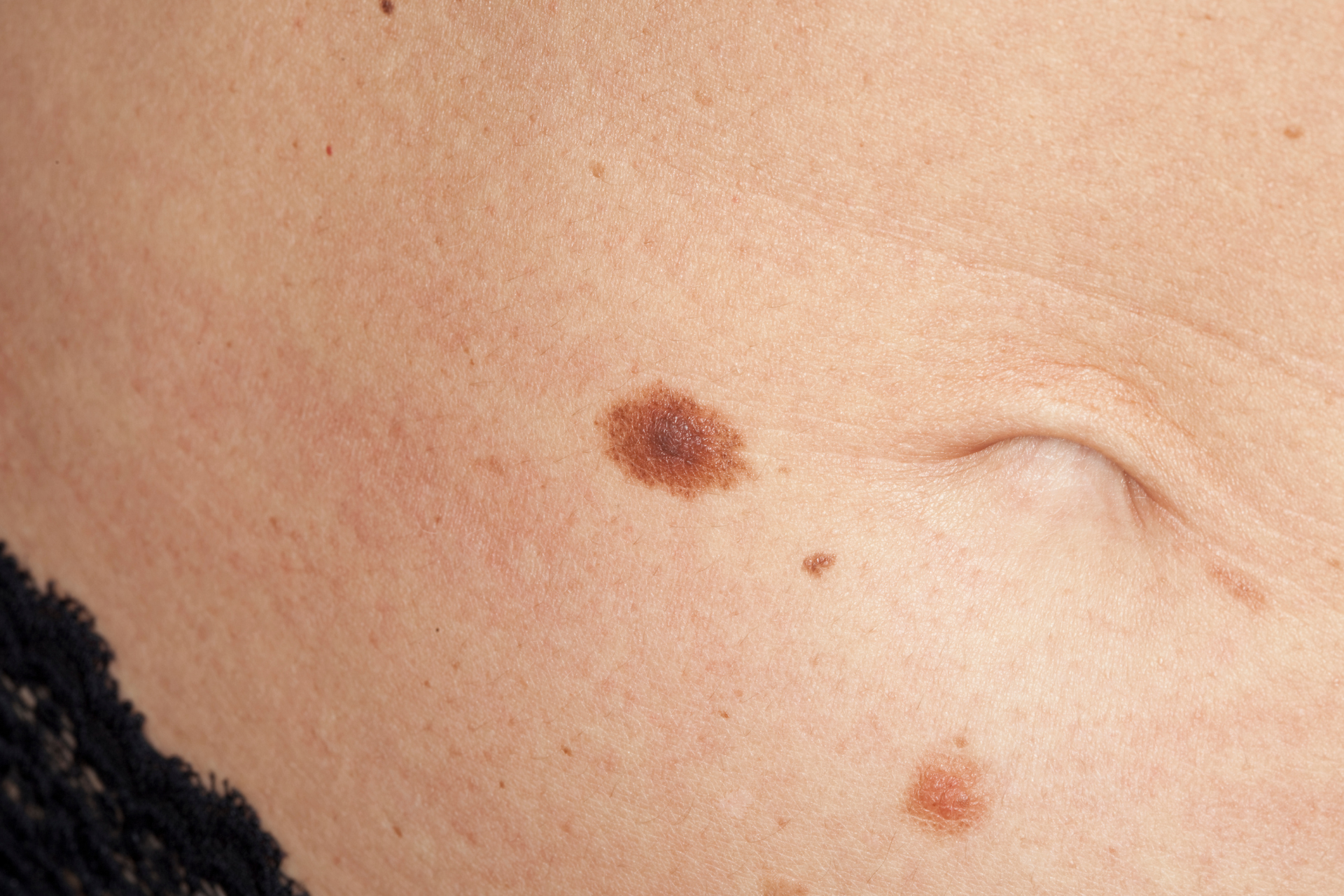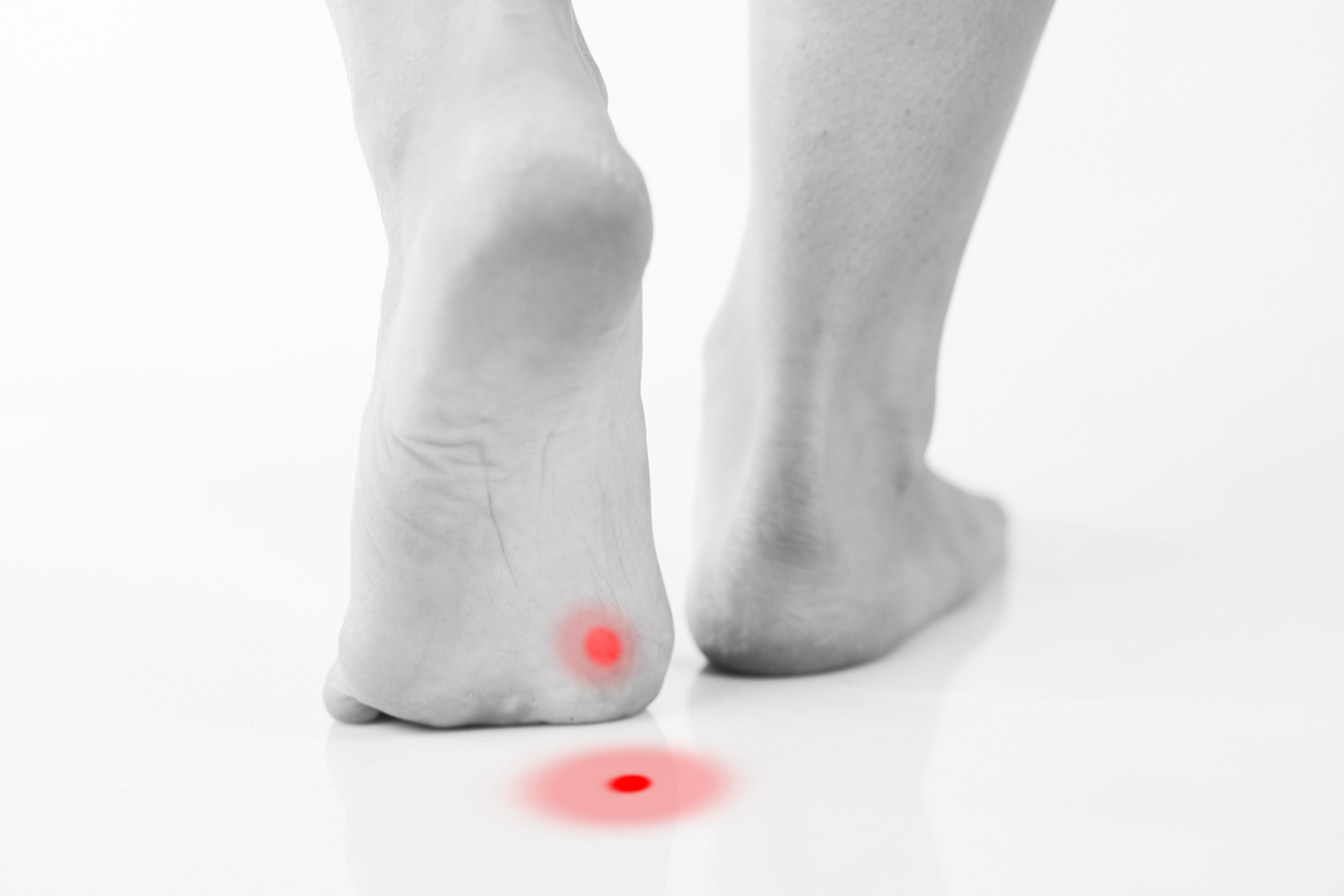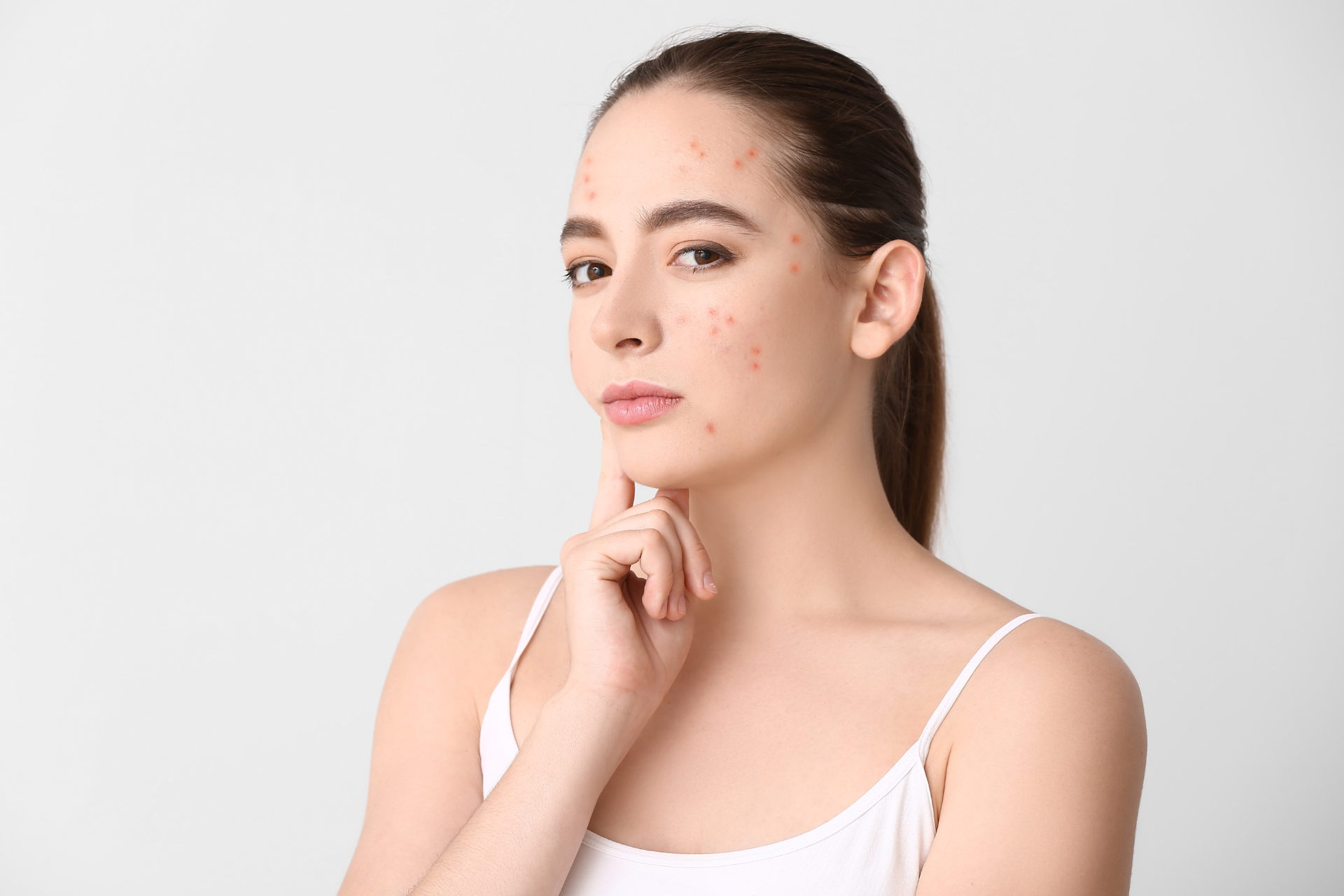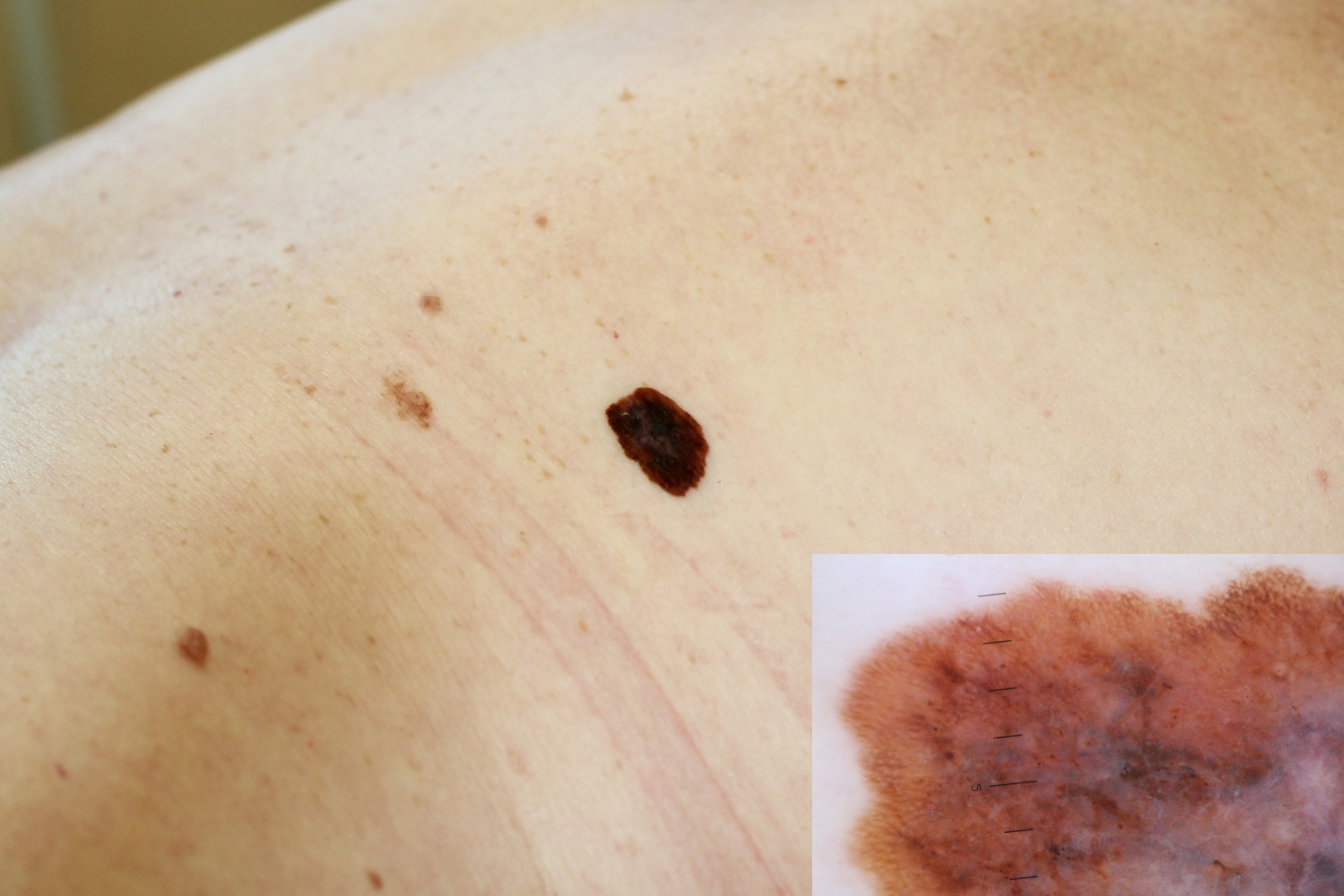Skin Cancer Prevention Tips for Every Skin Type

At Fall Creek Skin and Health Clinic, we understand the importance of comprehensive skincare and preventive measures to protect against harmful conditions such as skin cancer. Skin cancer is one of the most prevalent types of cancer globally, with over 5 million cases diagnosed each year in the United States alone. Fortunately, with the right awareness and precautions, skin cancer is highly preventable. In this blog post, we will outline essential skin cancer prevention tips tailored for individuals of diverse skin types.
1. Know Your Skin Type
It's crucial to understand your skin type to adopt an appropriate skincare regimen. Skin types are generally categorized as dry, oily, combination, sensitive, and normal. Individuals with fair skin are more susceptible to sun damage and are at a higher risk of developing skin cancer. Darker skin tones have more natural protection against UV rays but are still prone to skin cancer. Regardless of your skin type, practicing sun safety is vital for everyone.
2. Apply Sunscreen Daily
Sunscreen is the cornerstone of skin cancer prevention. Opt for a broad-spectrum, water-resistant sunscreen with an SPF of 30 or higher. Apply sunscreen generously to all exposed skin, including your face, neck, ears, and hands. Reapply every two hours, especially when swimming or sweating. Don't forget to apply sunscreen on overcast days, as UV rays can penetrate clouds and cause skin damage.
3. Seek Shade
Limiting your sun exposure is an effective way to reduce the risk of skin cancer. Seek shade under a tree, umbrella, or wear protective clothing when outdoors during peak sun hours, typically between 10 a.m. and 4 p.m. UV rays are most intense during these times, increasing the likelihood of skin damage. Enjoy outdoor activities in the early morning or late afternoon to minimize sun exposure.
4. Wear Protective Clothing
Clothing serves as an additional barrier against harmful UV rays. Choose lightweight, long-sleeved shirts, pants, and wide-brimmed hats to shield your skin from direct sun exposure. Sunglasses with UV protection are essential to protect your eyes and the delicate skin around them. Consider investing in UPF (Ultraviolet Protection Factor) clothing for added sun protection.
5. Perform Skin Self-Exams
Regularly examining your skin can help detect any suspicious changes early. Check moles, freckles, and other skin irregularities for asymmetry, border irregularities, color variations, diameter changes, and evolving characteristics. If you notice any concerning changes, consult a dermatologist immediately for a professional evaluation.
6. Avoid Tanning Beds
Indoor tanning beds emit harmful UV radiation that significantly increases the risk of skin cancer. Opt for sunless tanning products or bronzing lotions as a safer alternative to achieve a sun-kissed glow without the associated health risks. Embrace your natural skin tone and protect your skin from unnecessary UV exposure.
7. Stay Hydrated
Hydrated skin is healthy skin. Proper hydration can improve your skin's elasticity and resilience against sun damage. Drink an adequate amount of water daily, and incorporate hydrating skincare products into your routine to maintain optimal skin health. Moisturizing your skin regularly can help protect your skin barrier and reduce the risk of developing skin cancer.
In conclusion, skin cancer prevention is a shared responsibility that requires consistent effort and mindfulness. By incorporating these skin cancer prevention tips into your daily routine, you can safeguard your skin health and reduce the risk of developing skin cancer. At Fall Creek Skin and Health Clinic, we prioritize your well-being and are dedicated to providing comprehensive skin care services to patients of all ages. Together, let's work towards promoting healthy skin habits and a sun-safe lifestyle. Stay informed, stay protected, and prioritize your skin's health today.




